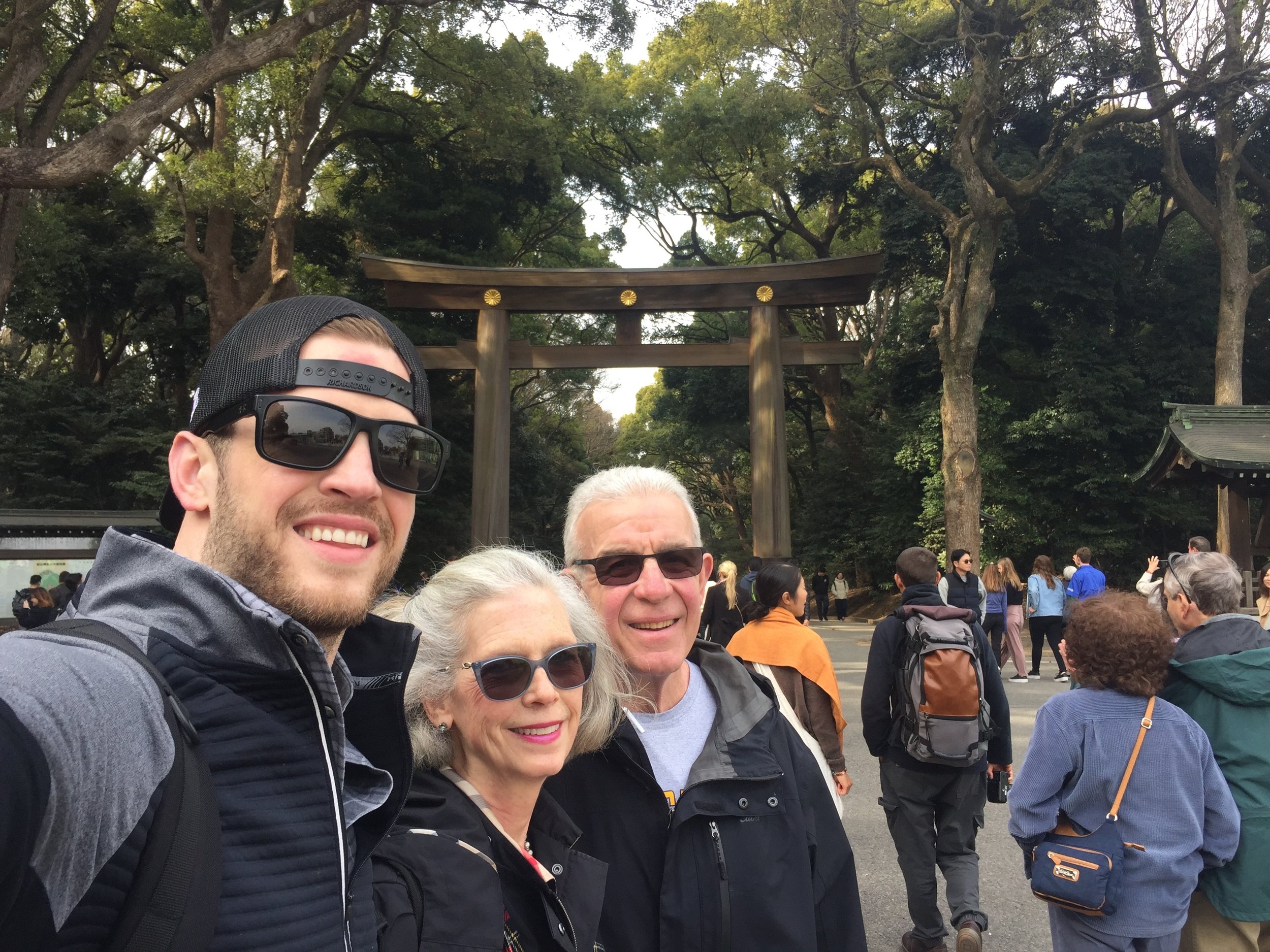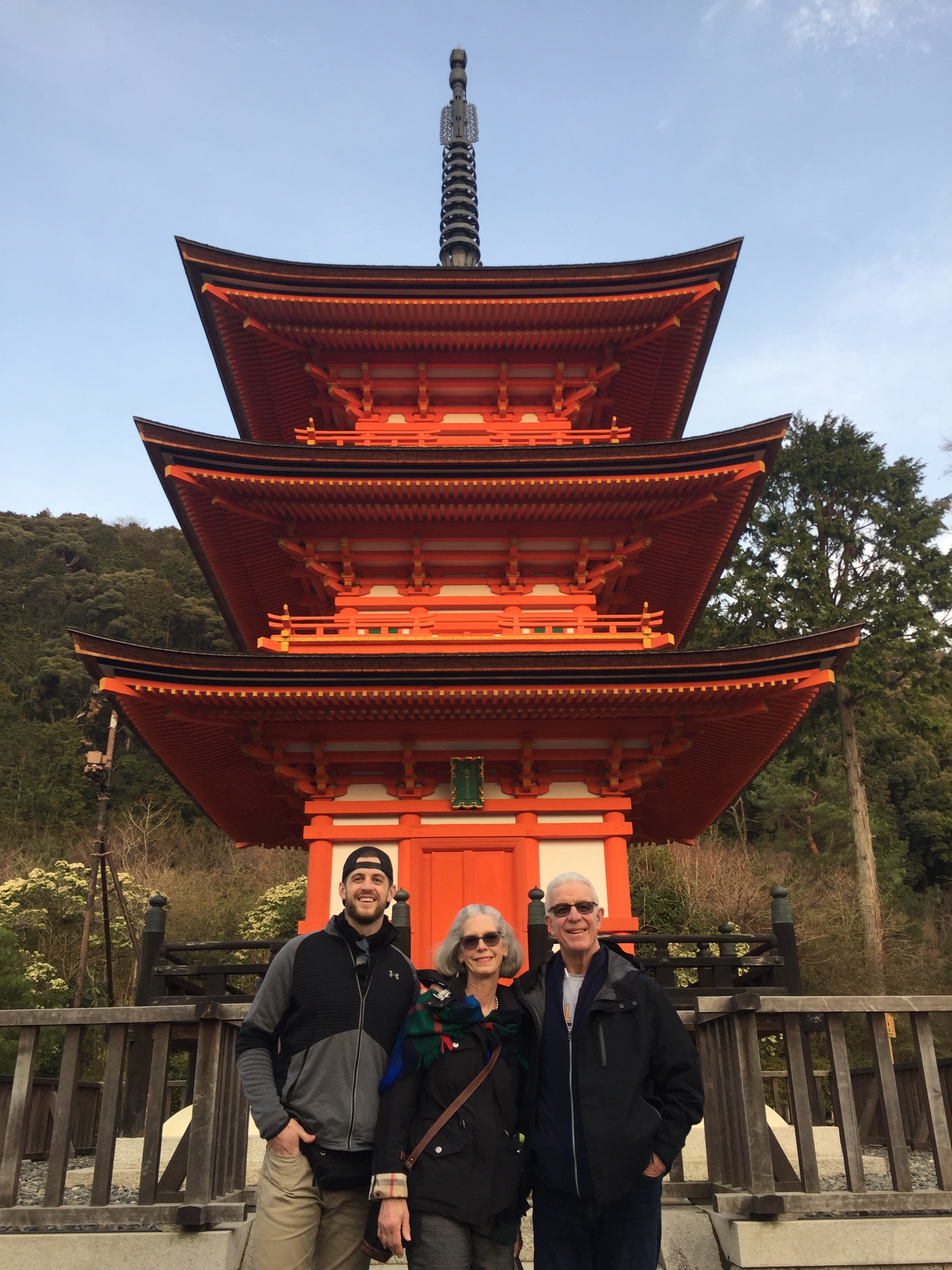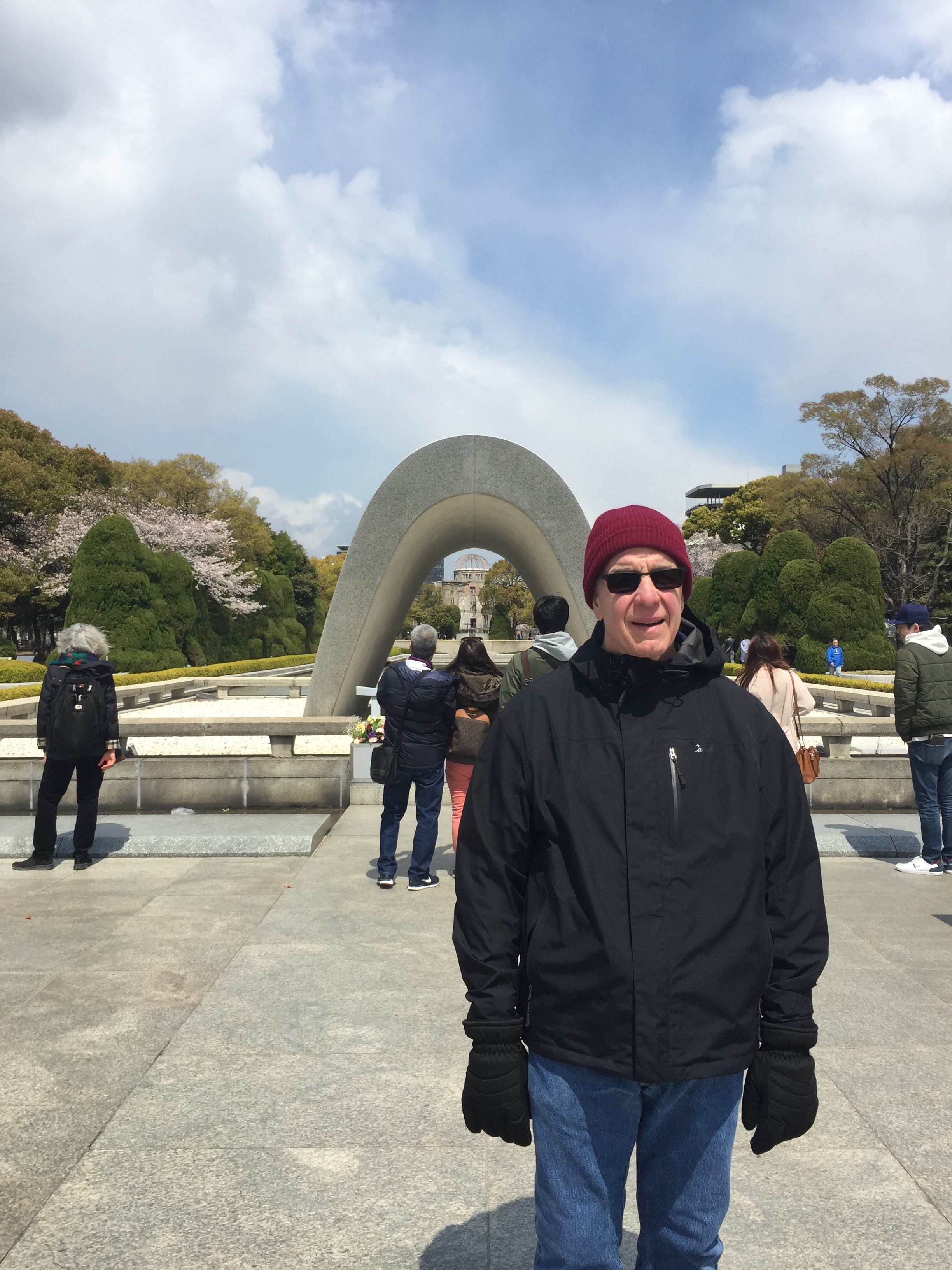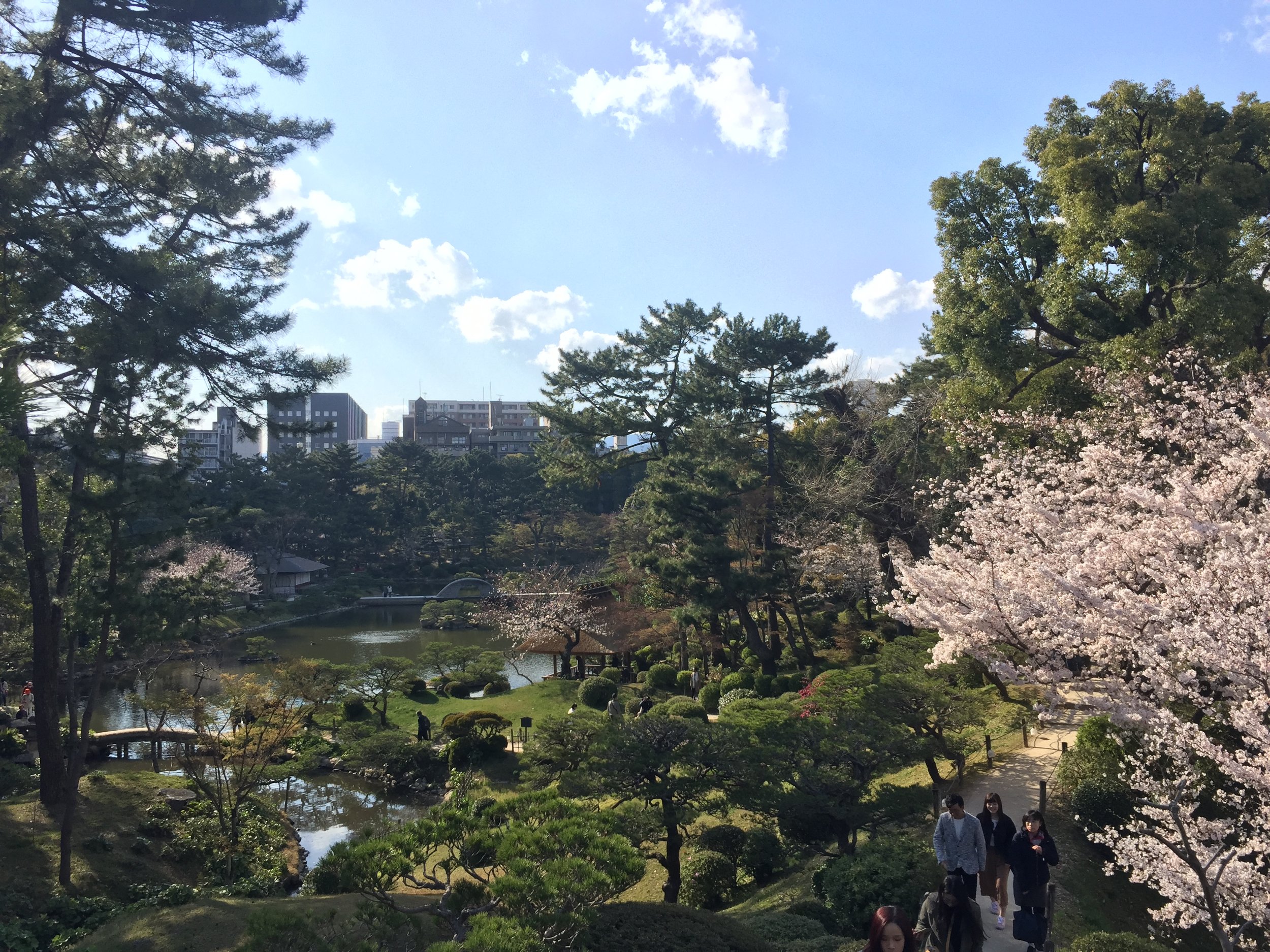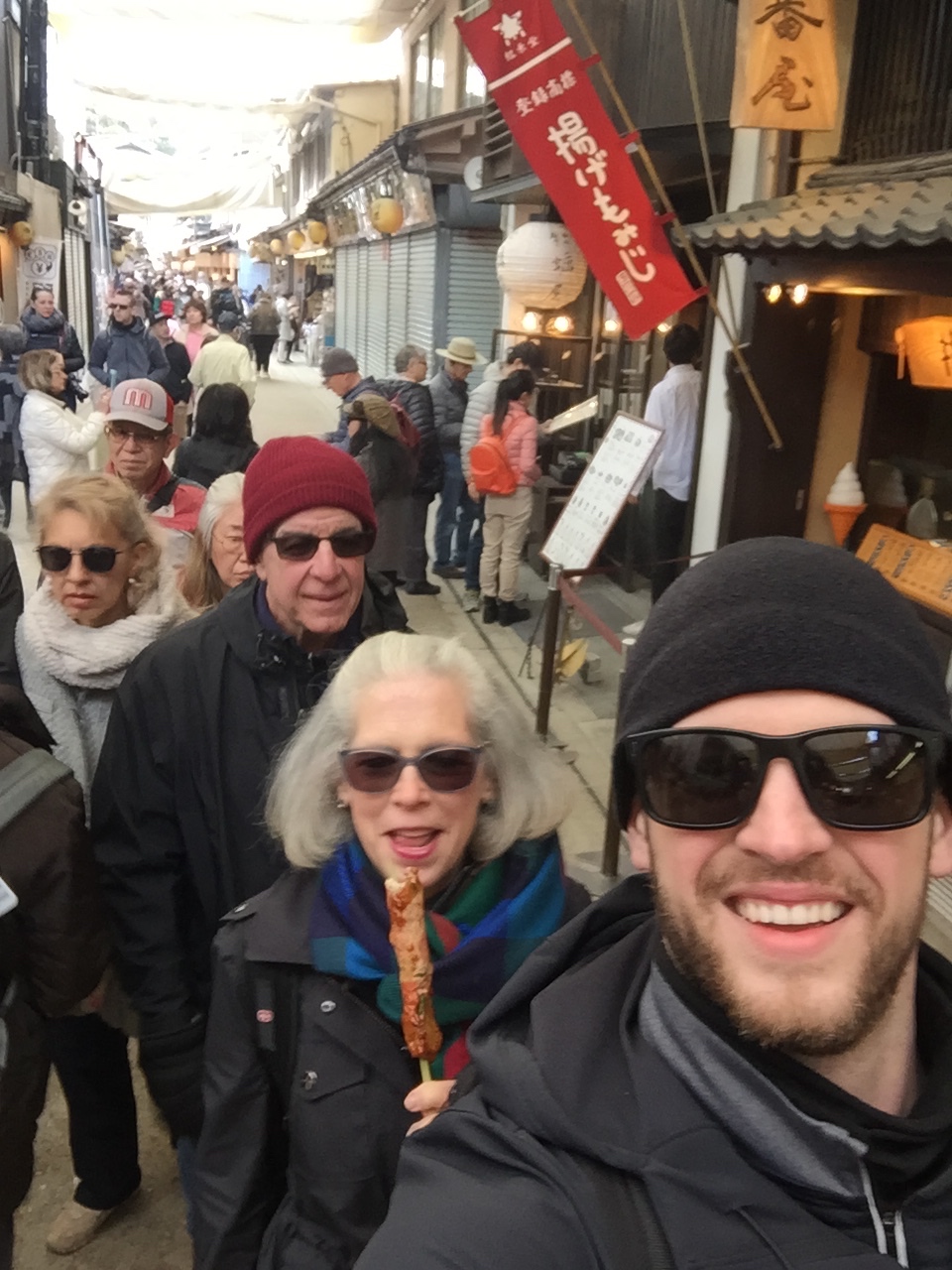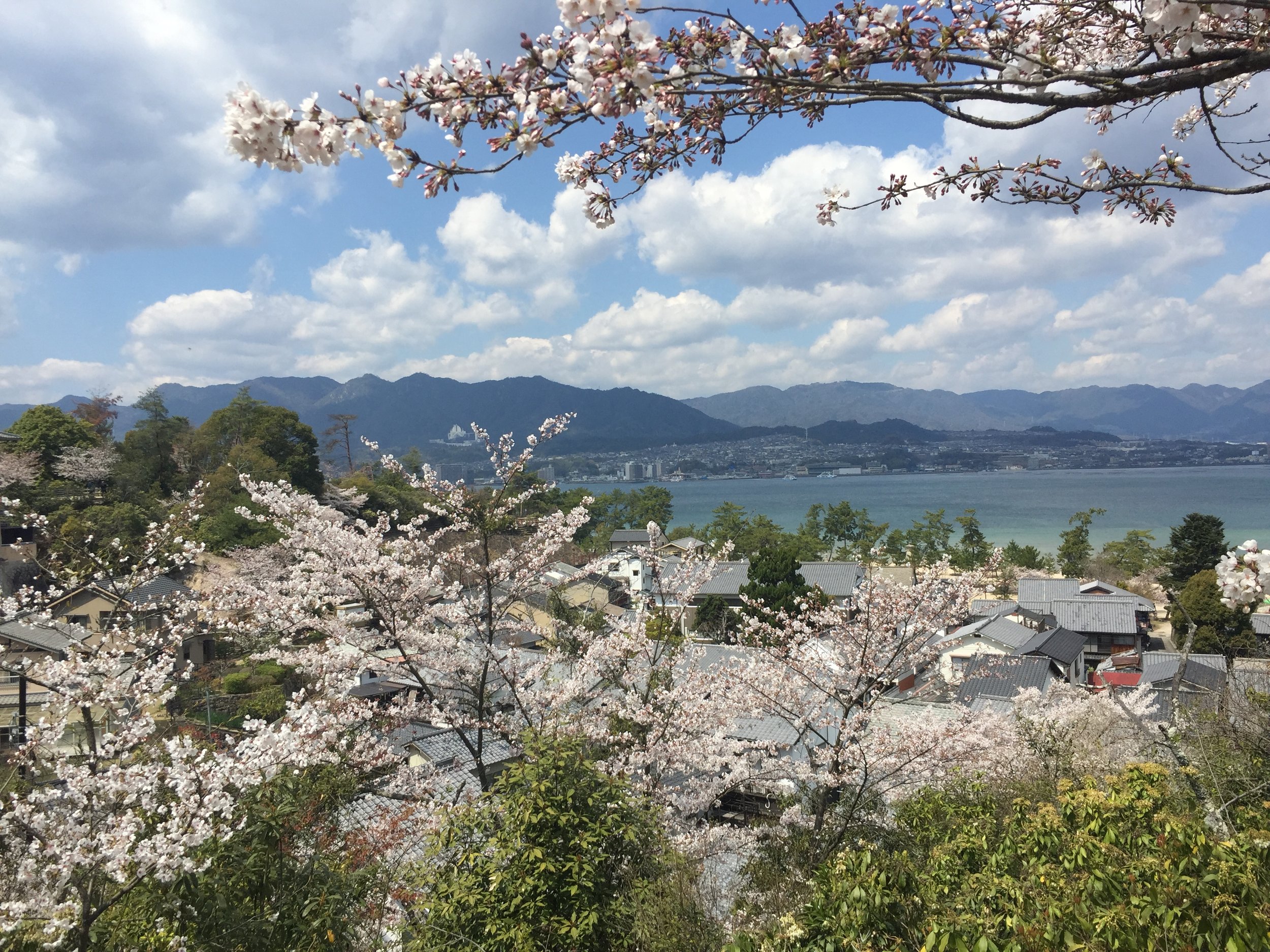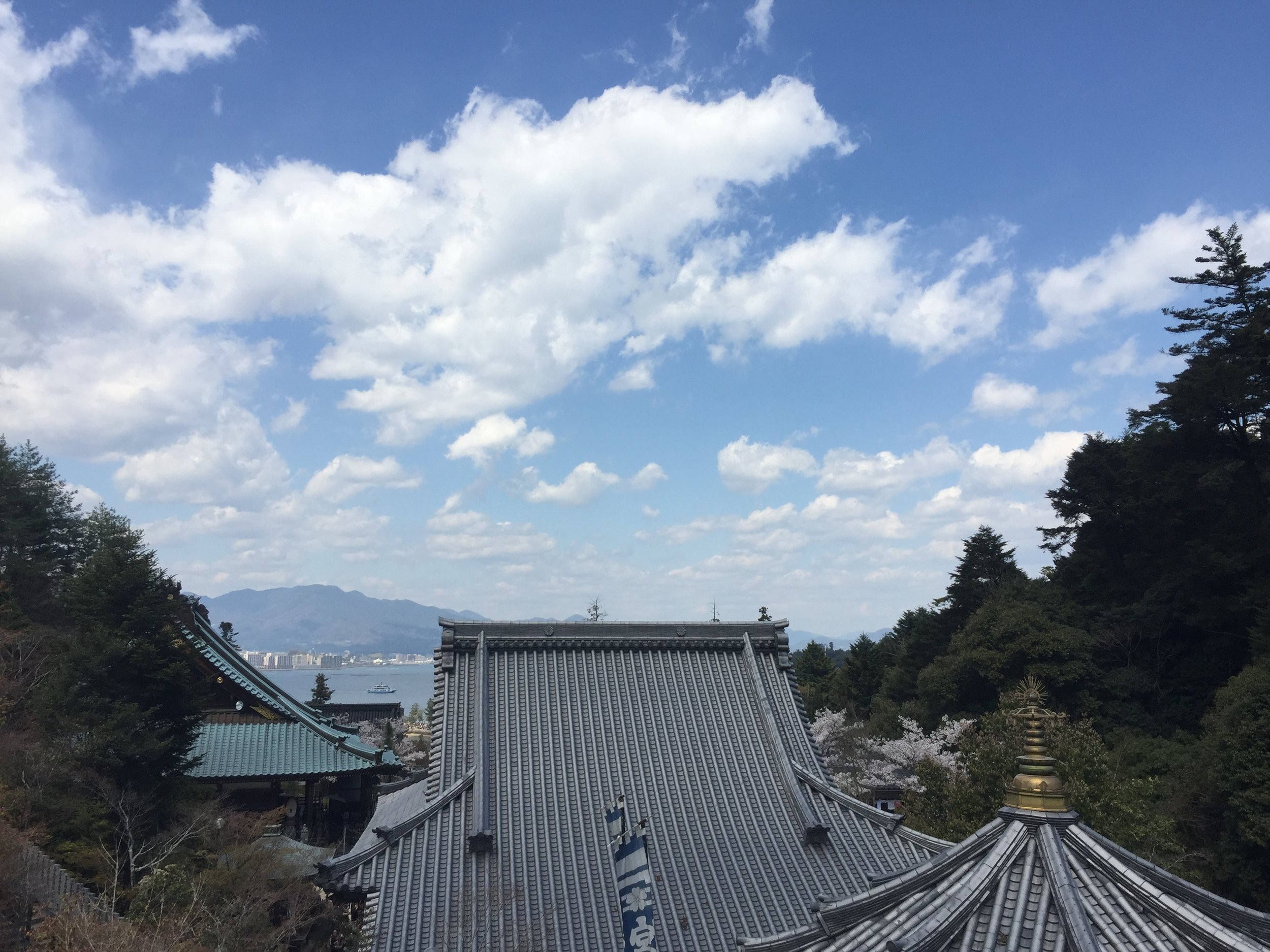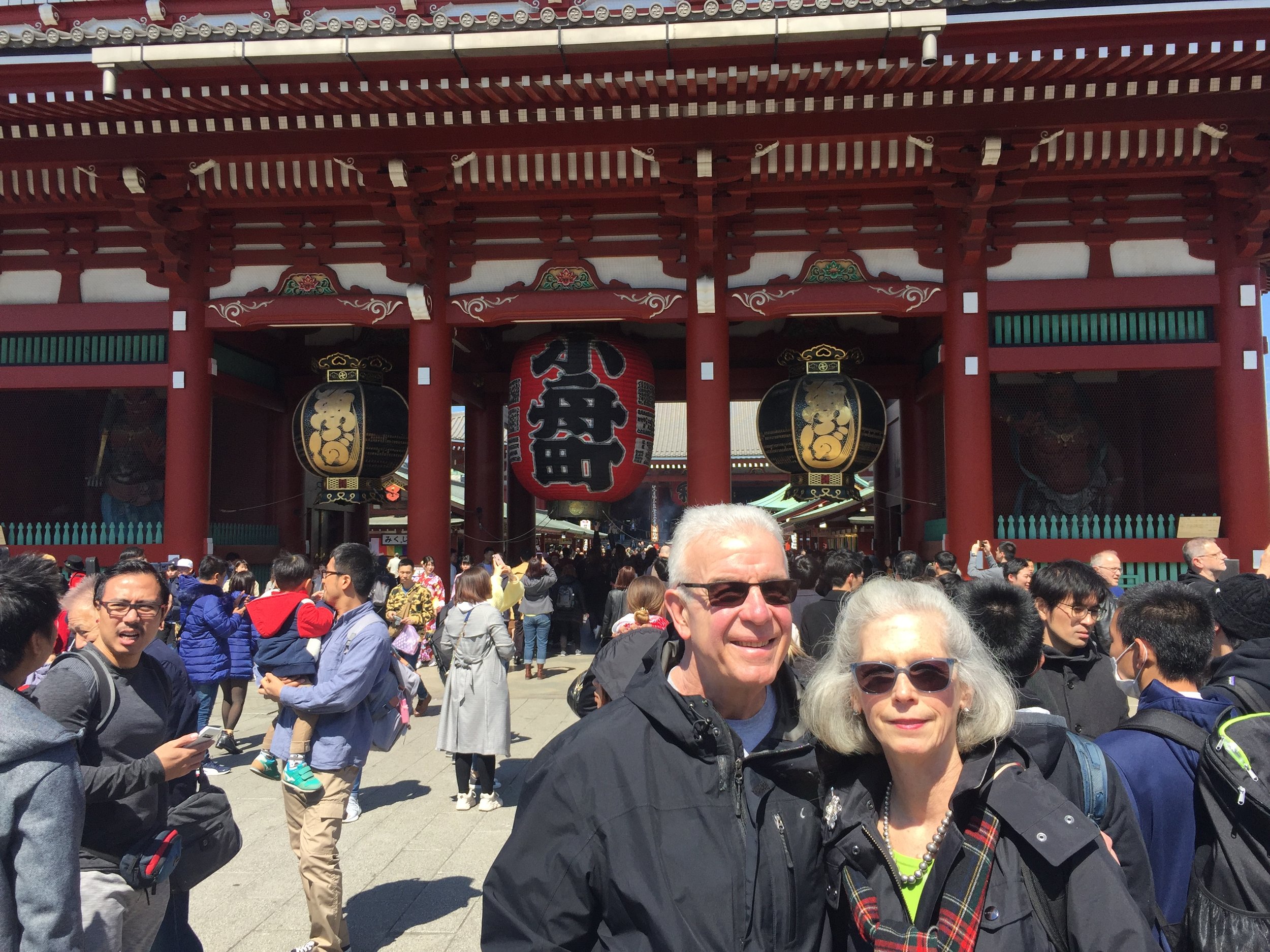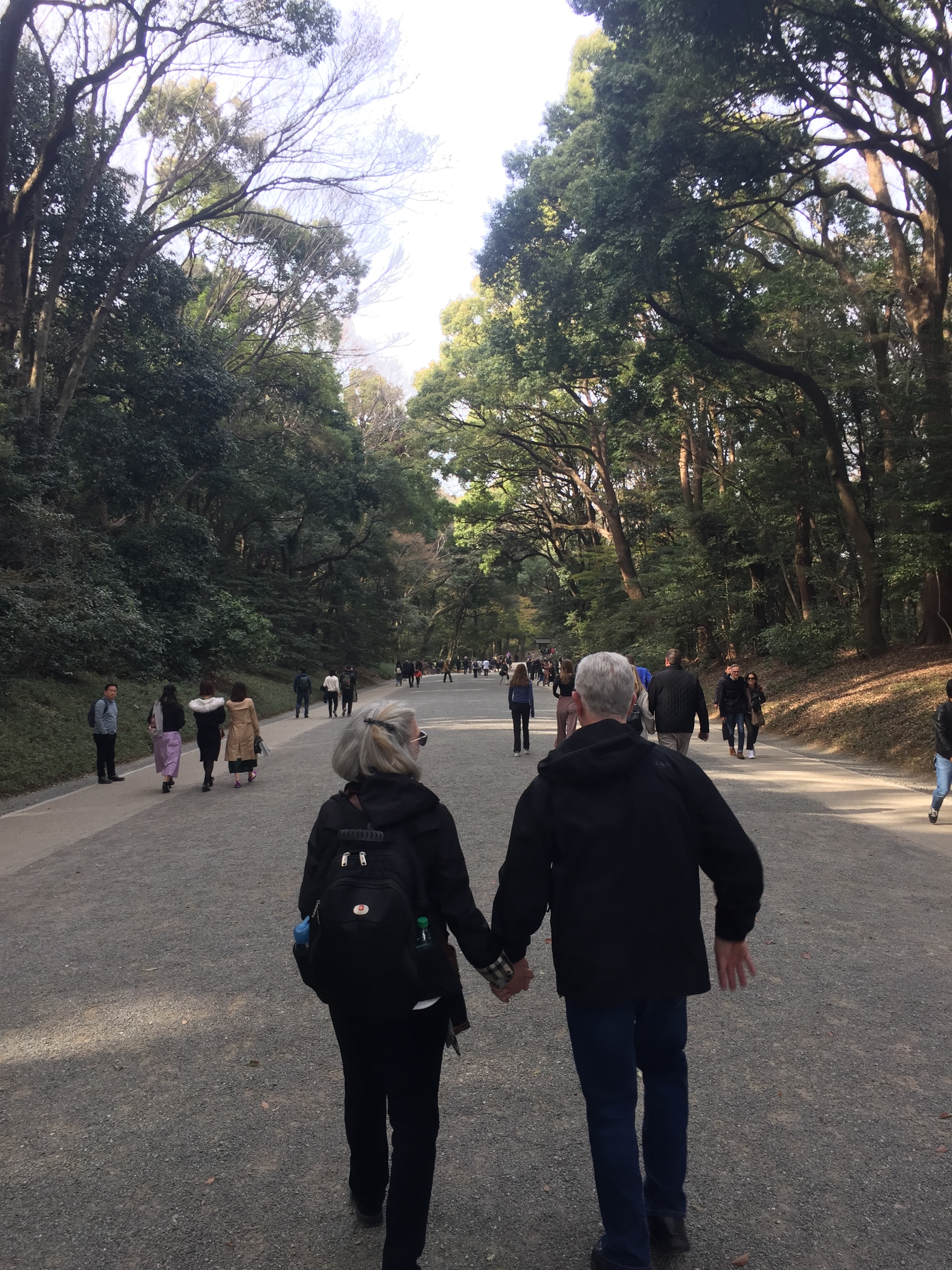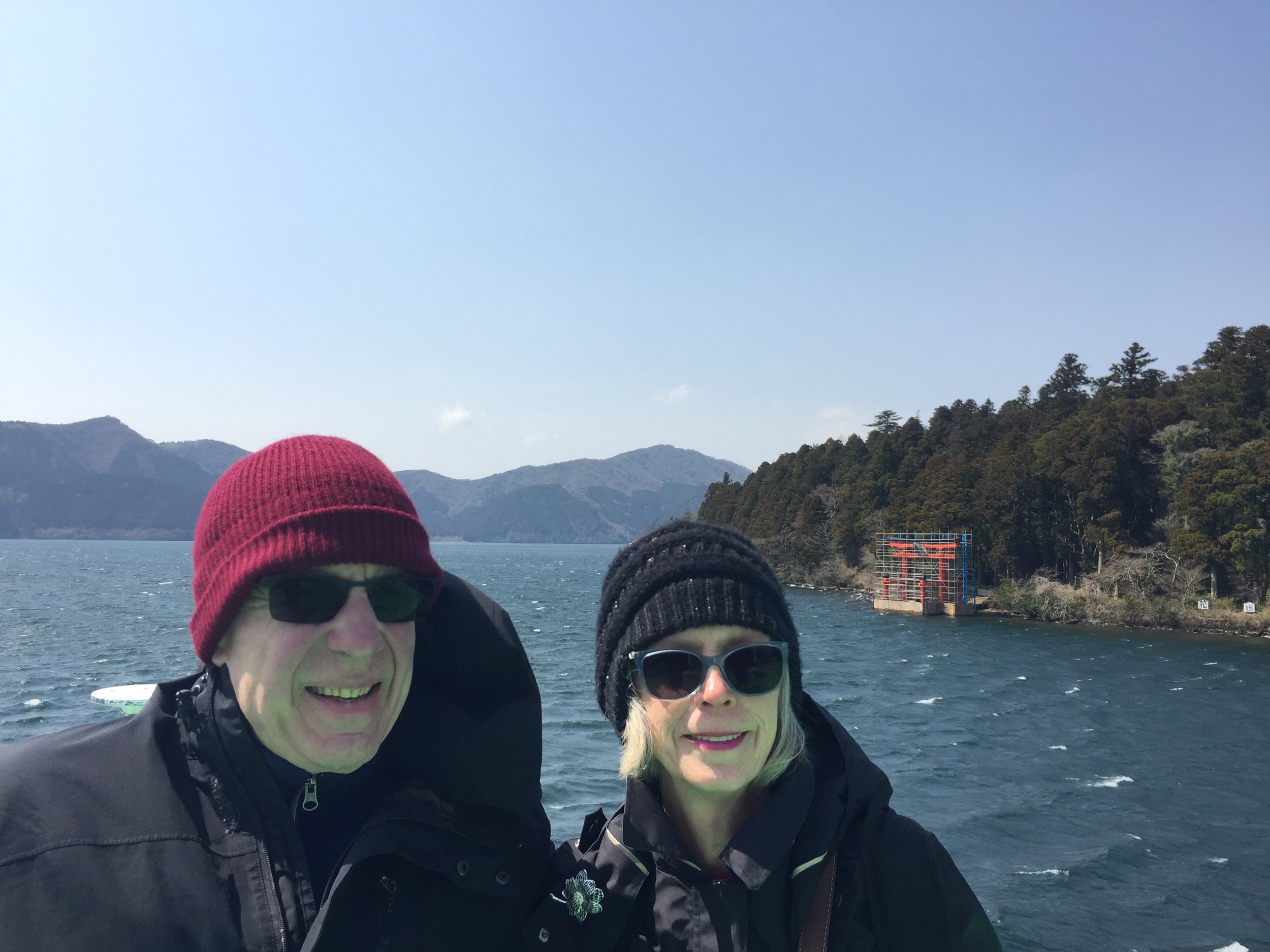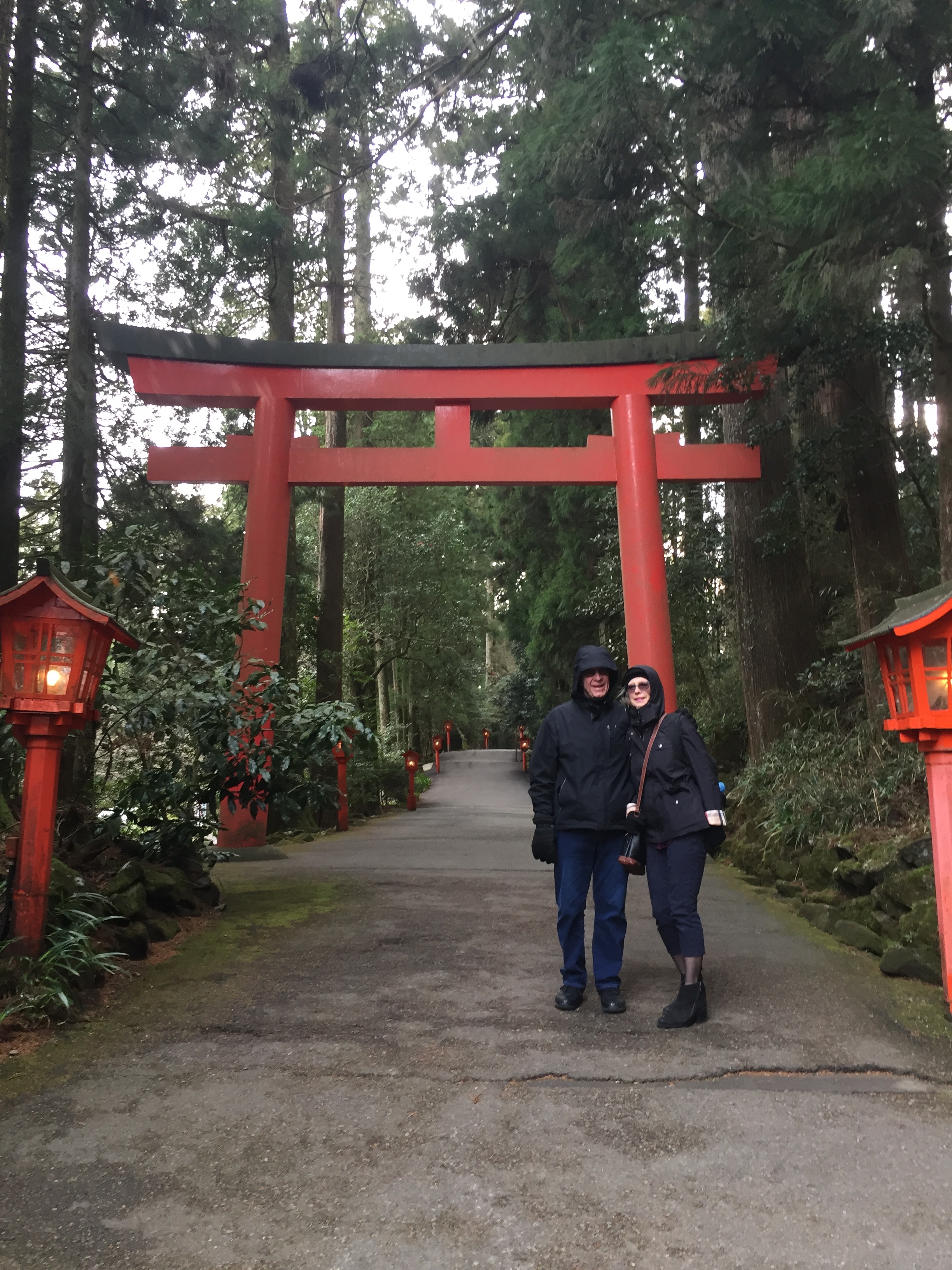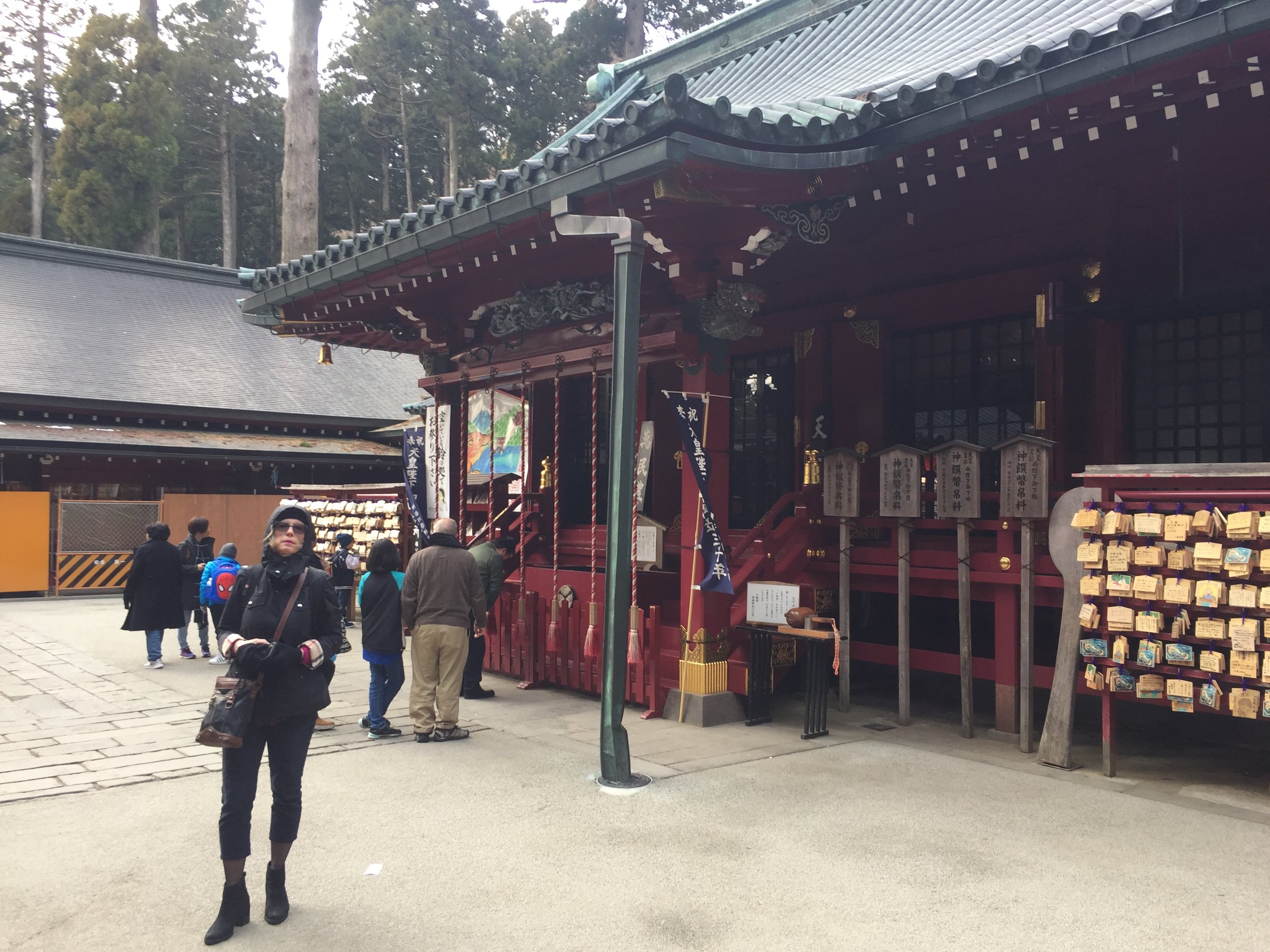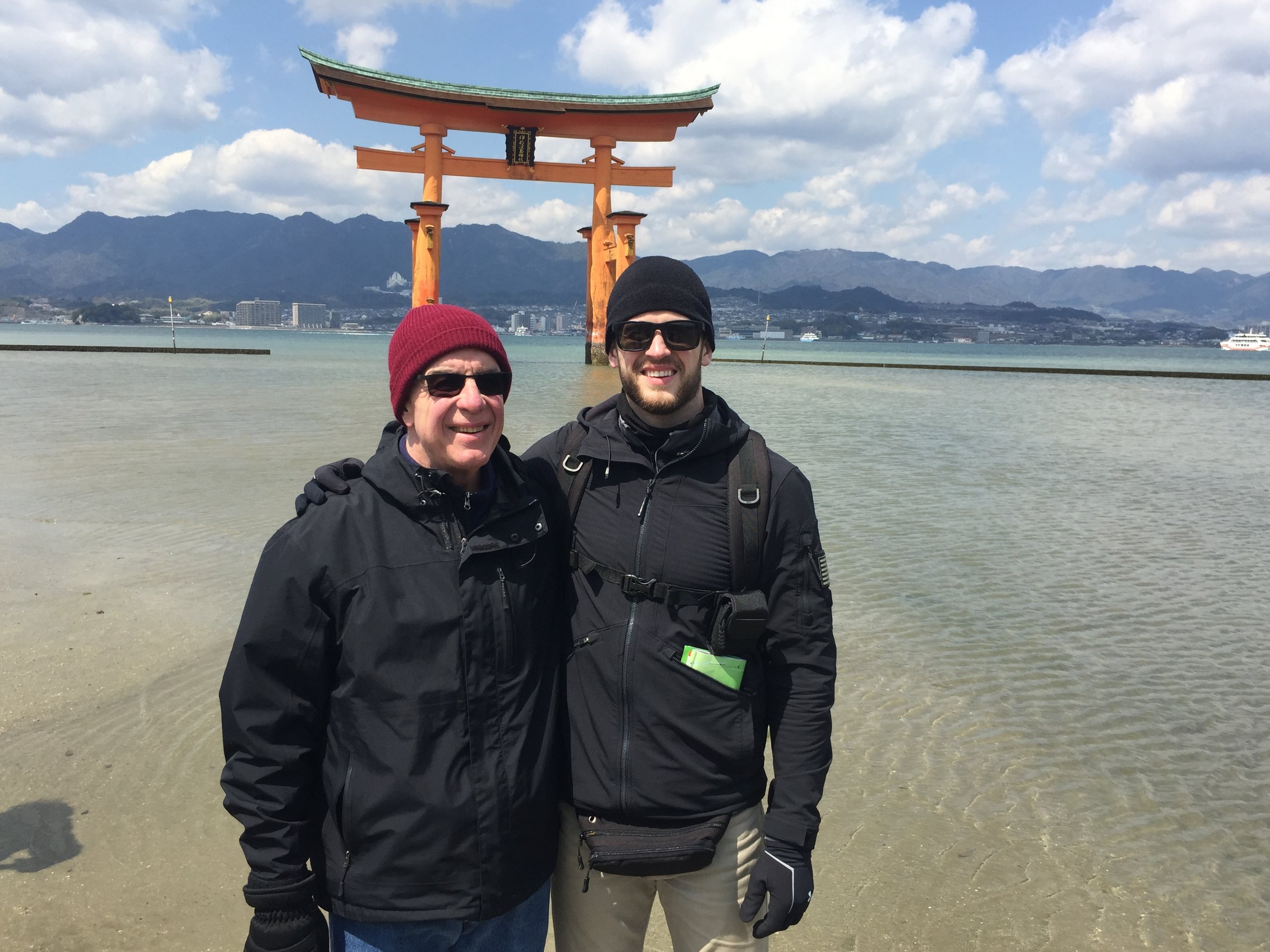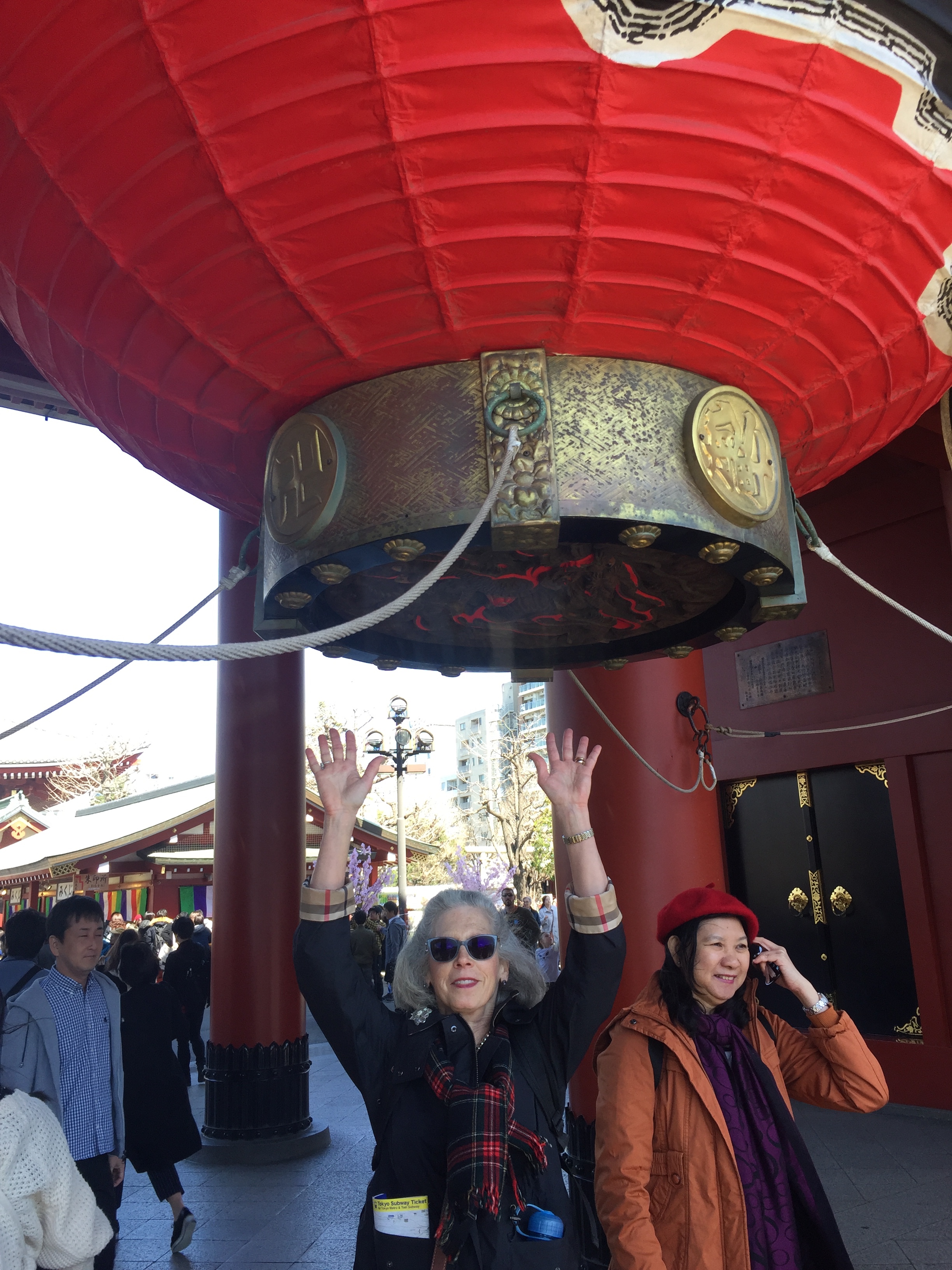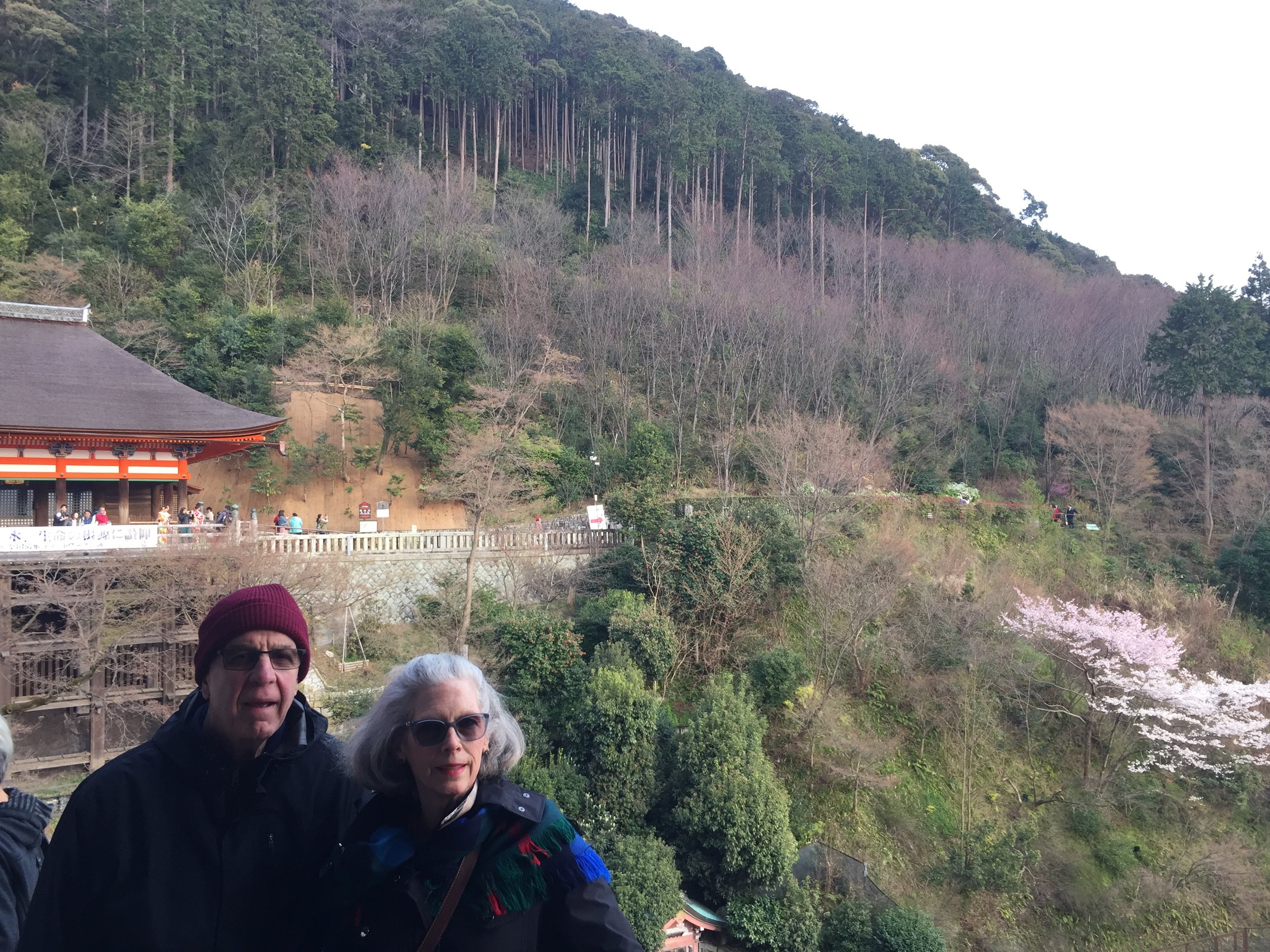False Horizons
“Therefore, preparing your minds for action, and being sober-minded, set your hope fully on the grace that will be brought to you at the revelation of Jesus Christ” (1 Peter 1:13).
Fixing our hope upon the grace brought by the Lord Jesus - this is to be the focus of all Christians: bringing glory and honor to Him through our service as good stewards, by His strength (1 Peter 4:10-11). The mission of False Horizons is to remind God’s faithful to continually place our focus upon the Lord and His work, looking past the false horizons of our current sojourn. This blog will focus on the examination of Scripture and the Word’s practical application in the lives of those who place their trust in He who was made to be sin so that in Him we might become the righteousness of God (2 Cor 5:21). May the Lord God aid this endeavor towards the sanctification of His Church.
Download and give us a review on Apple Podcasts for iTunes at “False Horizons”
Check out articles at: https://falsehorizons.net/






